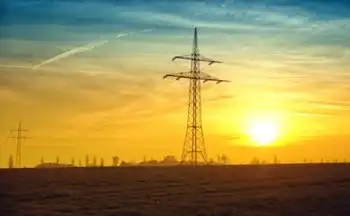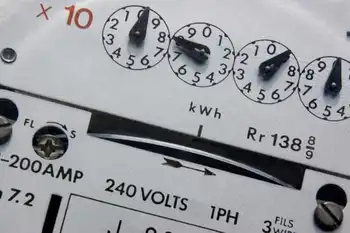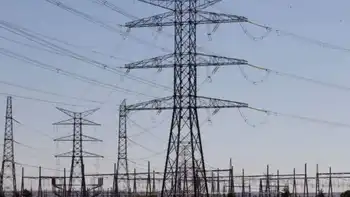Power outages continue to hamper Kansas communities
TOPEKA, KANSAS - Westar Energy Inc. officials said that it could be up to 10 days before power is restored to 70,000 customers left in the dark by the recent ice storm.
Bill Moore, chief executive officer, said the storm affected 120-140 communities and was larger than the 2005 ice storm that caused close to $30 million in damage. Westar serves about 670,000 customers in Kansas.
"We need Mother Nature to melt the ice," Moore said, speaking to reporters in Westar's Topeka dispatch center. "This is a major ice storm. This is probably going to wind up being the largest event we've had on our system." Moore said 1,000 tree trimmers and 765 linemen from other states were assisting Westar crews. Statewide, about 124,000 customers were still without power December 12.
Kansas Emergency Management spokeswoman Sharon Watson said that the number had increased about 15,000 from December 11. One of the hardest hit areas was Riley County, including the city of Manhattan, where about half the town was without power. However, power had been restored to Manhattan's water wells. Kansas State University's Student Union ballroom was opened as a shelter for students, faculty and staff. Final exams missed December 11 because of the storm were rescheduled for December 14. The statewide outage number includes 50,000 customers served by rural electric cooperatives, 1,500 served by Kansas Power and Light and 800 served by the Kansas City Board of Public Utilities.
Much of the increase in outages came from rural electric cooperatives. Shana Holsteen, a spokeswoman for Kansas Electric Cooperatives Inc., a statewide association, said ice and falling tree limbs had continued to down power lines.
Fort Riley experienced widespread power outages, leaving many families without heat. Shelters were set up at two gyms for families without electricity. Power was restored to about 55 percent of the post by December 12, and only essential personnel reported to work. The Kansas Department of Health and Environment issued an advisory for residents to boil water before using it for drinking or cooking.
Related News

Air Conditioning Related Power Usage Set To Create Power Shortages In Many States
DALLAS - U.S. Air conditioning related electricity usage will break records and may cause blackouts in Texas this summer. Power grid operators are forecasting that electricity supplies will exceed demands during the summer months.
Most of Texas will face severe electricity shortages because of hot temperatures, air conditioning, and a strong economy, Bill Magness the president of the Electric Reliability Council of Texas (ERCOT) told the Associated Press. Magness thinks the large numbers people moving to Texas for retirement will increase the demand for air conditioning and electricity use. Retired people are more likely to be home during the day when…




